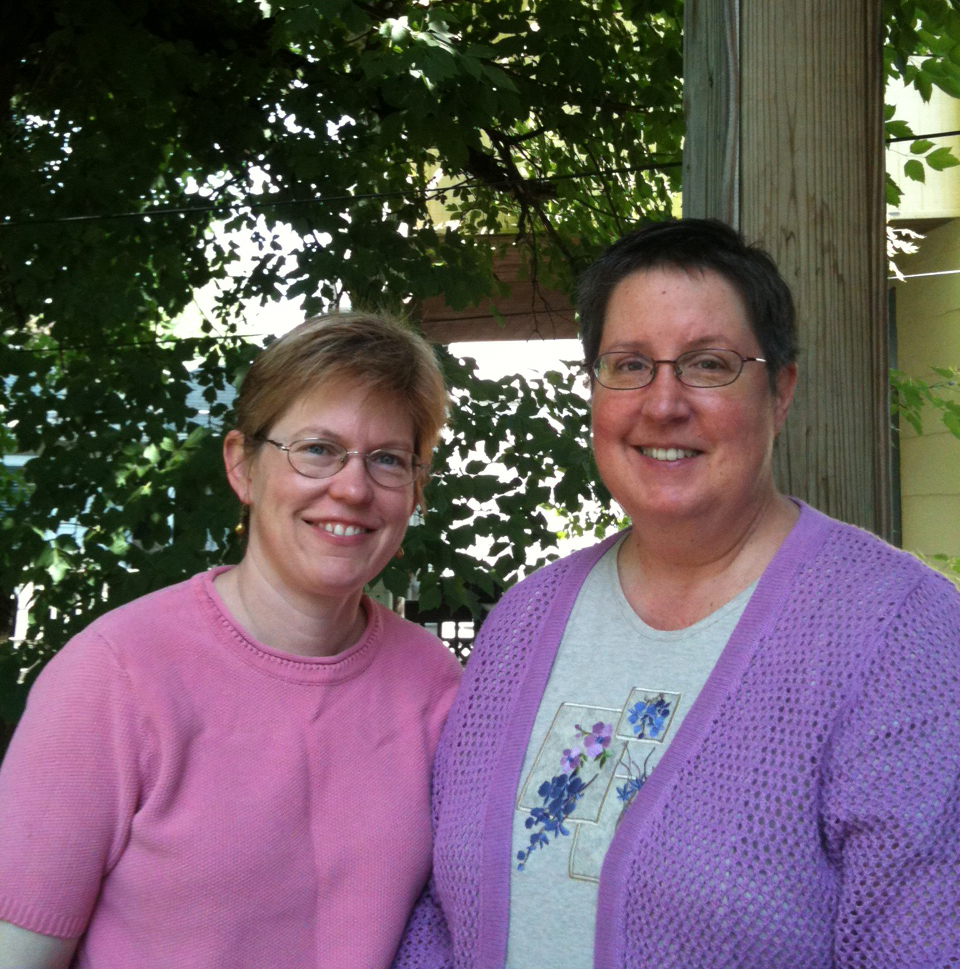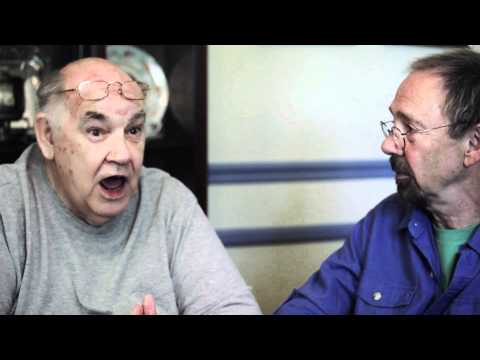Al igual de muchas de las parejas en nuestra sociedad ocupada, Michelle Mascaro y Corynne Romine conocido en el trabajo- cuando ambos estaban en un internado de la capellanía en el Rush Presbyterian Hospital. Desde ese momento, a principios de 1991, Corynne y Michelle han creado una relación de amor, dando que ahora incorpora a sus tres hijos, de edades 14, 12 y 11. Para Michelle y Corynne, una de las cosas más dolorosas de no tener el honor de su relación como un matrimonio en Illinois es el impacto en sus hijos de aprender que sus padres no pueden casarse.
“A medida que nuestras hijos maduran, estamos tratando de ensenarles importantes lecciones de vida sobre la honra de relacione y la respeta de la unidad familiar,” dice Michelle. “Es difícil transmitir un mensaje sobre la importancia del matrimonio cunado se les niega el derecho a entrar en uno.” Corynne y Michelle reconocen la importancia del matrimonio después de haber visto a través de sus padres. Corynne señala que sus padres han estado casados por más de medio siglo, y ha visto “como el matrimonio y el compromiso del matrimonio puede ayudar a lidiar con los subidas y bajadas que son simplemente una parte de la vida.”
Michelle y Corynne tuvieron una celebración privada y la afirmación de su amor en su casa en 1995. Después de hacer ese compromiso, comenzaron una familia, la adopción de la primera de sus tres hijos. Hoy en día, pasan el tiempo tanto como sea posible con los niños- y gastar una gran cantidad de tiempo asistiendo a los eventos en la escuela de sus hijos, la iglesia, equipos deportivos y otras actividades.
Después de Illinois aprobó la unión civil, Corynne y Michelle no estaban seguras sobre la búsqueda de ese estado. Ellos querían casarse. Después de seis mese completos, el 6 de enero de 2012, Michelle y Corynne junto con sus hijos viajaron a Chicago para obtener una unión civil. La fecha era importante para ellas- para el que marco el 20 aniversario de su convivencia como pareja.
Corynne y Michelle saben que su unión civil se aborda algunas preocupaciones acerca de los beneficios, pero también no sientan que es suficiente. Al tomar uno de sus hijos a una cita o ir al medico a si mismos, a menudo se enfrentan a formas que preguntarles si están “casadas, solteras, divorciadas o viudas.” Incluso después de la aprobación de las uniones civiles, las formas les recuerdan que su relación no se comprende ni se acepta y se pasa por alto fácilmente.
Para ellos y sus hijos, Michelle y Corynne quieren la oportunidad de afirmar públicamente su compromiso en el matrimonio.


